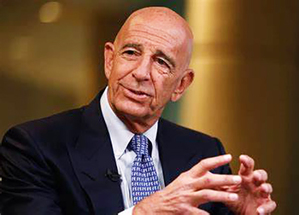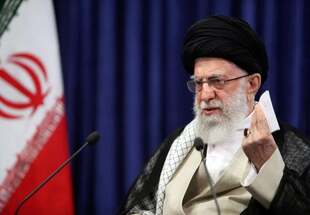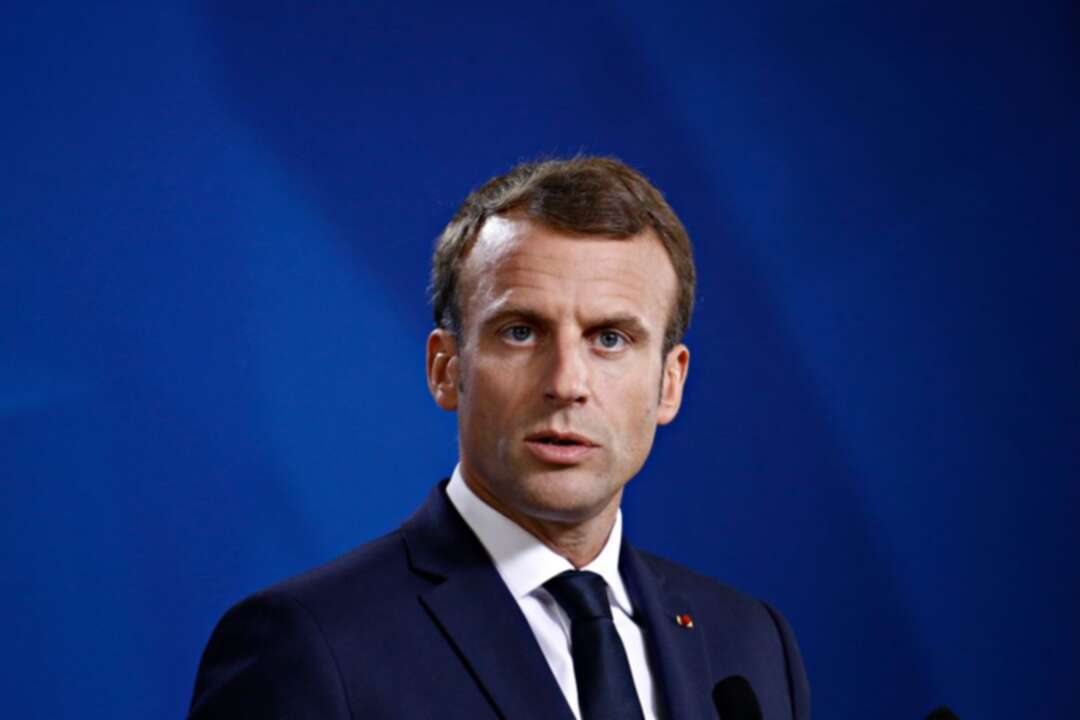-
France pushing for energy sanctions to target Russian oil and coal

The Arab News reported, citing the Associated Press, rench Finance Minister Bruno Le Maire said Tuesday (5 Apr) that there is a “total determination” from all 27 European Union countries for sanctions against Russia that could target oil and coal over evidence its troops deliberately killed Ukrainian civilians.
Europe’s dependence on Russian oil, gas and coal means finding unanimity on energy measures is a tall order, but the reports of the killings outside Kyiv have increased pressure for tougher EU sanctions.
So far, Europe has not been willing to target Russian energy over fears that it would plunge the European economy into recession. In some ways, it would be easier for Europe to go without Russian oil than gas because most supplies come by tanker and could be purchased from other suppliers. But talk of a possible boycott of Russian oil has helped push up global oil prices this week.
Asked whether there was a political willingness to impose sanctions on Russian oil and coal — a move suggested this week by French President Emmanuel Macron — Le Maire said: “We will see what the position of the other member states will be, but I think there is a possibility to have unity on the 27 member states on these new sanctions.”

He did not mention natural gas, and a consensus on targeting the fuel that is used to generate electricity and heat homes would be even more difficult to secure. The EU gets about 40 percent of its natural gas from Russia and many EU countries, including Germany — the bloc’s largest economy — are opposed to cutting off gas imports.
France holds the presidency of the EU Council, and Le Maire spoke ahead of a meeting of EU finance ministers in Luxembourg, where they will discuss possible new measures to punish the Kremlin.
While the EU has stayed away from sanctioning Russian energy so far, individual countries have announced efforts to draw down their reliance: Poland said it plans to block imports of coal and oil from Russia, while Lithuania said it’s no longer using Russian natural gas.
Volodymyr Zelensky to address UN Security Council over Russian ‘genocide’ in town of Bucha
The European Union gets about 25 percent of its oil from Russia, while the EU imported 53 percent of hard coal from the country in 2020, which accounted for 30 percent of the EU’s hard coal consumption.
While coal and oil may be up for discussion, Teresa Ribera, Spain’s Minister for Ecological Transition, said Tuesday that it is “very hard” for the EU to sanction Russian natural gas because some of the bloc’s countries are dependent on it for their energy supply and that the EU’s strength lies in its unity.
“It is very difficult to explain to European public opinion and Ukrainian society that we are still importing Russian energy that finances this war,” she said, adding that energy imports create “obvious moral tension.”
Ukraine says seven humanitarian corridors planned for evacuations on Saturday
European importers pay about $850 million per day for Russian oil and natural gas.
Russian natural gas mostly comes by fixed pipeline and would be harder to replace suddenly with shipments of expensive and scarce liquefied natural gas. While oil might be easier to cut off than gas, ditching it would not be without consequences.
For one, the resulting price increases for other oil could increase the incentive for India and China, who aren’t taking part in Western sanctions, to buy cheaper Russian crude. Russia is also a major supplier of diesel fuel; if that supply were lost, operating diesel-powered trucks and farm equipment could quickly become more expensive, fueling already high inflation in Europe.
Commodities analysts at German bank Commerzbank said, oil prices rose as buyers seeking to avoid Russian oil bid for limited supply from other producers like Saudi Arabia.
International benchmark Brent rose 3 percent on Monday and traded Tuesday above $108 per barrel, up another 1 percent. US crude rose 1.1 percent to $104.37 on Tuesday. Crude prices had fallen after US President Joe Biden last week announced the release of 180 million barrels of oil over six months from strategic reserves. Higher oil prices mean more expensive gasoline for US drivers.
London marine insurers extend high-risk area to all Russian waters
The next package of EU sanctions will be prepared by the EU’s executive arm, the European Commission, which will then present it to EU countries for approval.
Source: arabnews
You May Also Like
Popular Posts
Caricature
BENEFIT Sponsors BuildHer...
- April 23, 2025
BENEFIT, the Kingdom’s innovator and leading company in Fintech and electronic financial transactions service, has sponsored the BuildHer CityHack 2025 Hackathon, a two-day event spearheaded by the College of Engineering and Technology at the Royal University for Women (RUW).
Aimed at secondary school students, the event brought together a distinguished group of academic professionals and technology experts to mentor and inspire young participants.
More than 100 high school students from across the Kingdom of Bahrain took part in the hackathon, which featured an intensive programme of training workshops and hands-on sessions. These activities were tailored to enhance participants’ critical thinking, collaborative problem-solving, and team-building capabilities, while also encouraging the development of practical and sustainable solutions to contemporary challenges using modern technological tools.
BENEFIT’s Chief Executive Mr. Abdulwahed AlJanahi, commented: “Our support for this educational hackathon reflects our long-term strategic vision to nurture the talents of emerging national youth and empower the next generation of accomplished female leaders in technology. By fostering creativity and innovation, we aim to contribute meaningfully to Bahrain’s comprehensive development goals and align with the aspirations outlined in the Kingdom’s Vision 2030—an ambition in which BENEFIT plays a central role.”
Professor Riyadh Yousif Hamzah, President of the Royal University for Women, commented: “This initiative reflects our commitment to advancing women in STEM fields. We're cultivating a generation of creative, solution-driven female leaders who will drive national development. Our partnership with BENEFIT exemplifies the powerful synergy between academia and private sector in supporting educational innovation.”
Hanan Abdulla Hasan, Senior Manager, PR & Communication at BENEFIT, said: “We are honoured to collaborate with RUW in supporting this remarkable technology-focused event. It highlights our commitment to social responsibility, and our ongoing efforts to enhance the digital and innovation capabilities of young Bahraini women and foster their ability to harness technological tools in the service of a smarter, more sustainable future.”
For his part, Dr. Humam ElAgha, Acting Dean of the College of Engineering and Technology at the University, said: “BuildHer CityHack 2025 embodies our hands-on approach to education. By tackling real-world problems through creative thinking and sustainable solutions, we're preparing women to thrive in the knowledge economy – a cornerstone of the University's vision.”
opinion
Report
ads
Newsletter
Subscribe to our mailing list to get the new updates!






















